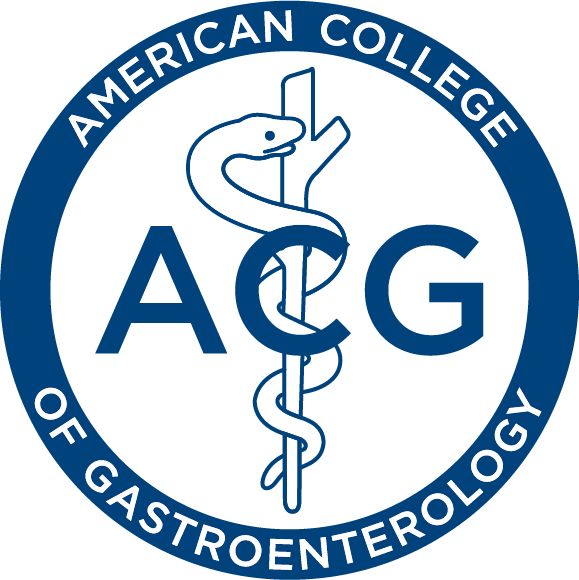Newswise — Bethesda, Maryland, (September 5, 2013) – Updated guidelines on the management of acute pancreatitis, a condition that causes acute inflammation of the pancreas, appear in the September issue of The American Journal of Gastroenterology.
The guidelines from the American College of Gastroenterology include updated information and recommendations on the diagnosis, initial assessment, nutrition, and management for patients with acute pancreatitis. The disease, one of the most common of the gastrointestinal tract, has two distinct phases: 1) early (within 1 week), characterized by the systemic inflammatory response syndrome (SIRS) and/or organ failure and 2) late (> 1 week), characterized by local complications.
In diagnosing acute pancreatitis, two of the three following criteria are typically present: 1) abdominal pain consistent with the disease, 2) serum amylase and/or lipase greater than three times the upper limit of normal, and/or 3) characteristic findings from abdominal imaging (strong recommendation, moderate quality of evidence). Lead author Scott Tenner, MD, MPH, FACG, Director of the Greater New York Endoscopy Surgical Center and Associate Professor of Medicine at the State University of New York, discusses this recommendation, “In order to be properly diagnosed with acute pancreatitis the pain should be severe. Patients can be falsely diagnosed if the criteria are not followed. In addition we recommend that a CT scan only be performed for patients when their diagnosis is not clear or if they have not had improvement 48-72 hours after hospital admission.”
According to Dr. Tenner, the guidelines emphasize the importance of early aggressive intravenous hydration. The authors stress the need for close observation while patients are being hydrated during the early phase of management.
The guidelines also highlight endoscopic retrograde cholangiopancreatography (ERCP), a procedure that combines an upper endoscopy and x-rays to treat problems in the bile and pancreatic ducts. According to the guidelines, patients with acute pancreatitis and concurrent acute cholangitis should undergo ERCP within 24 hours of admission.
It is also important to note that the prevalence of acute pancreatitis has been increasing in recent years. “Although the case fatality rate for acute pancreatitis has decreased over time, the overall population mortality rate for acute pancreatitis has remained unchanged,” state the guidelines.
To listen to the podcast of Dr. Tenner discussing the guidelines, visit: http://gi.org/physician-resources/podcasts/the-american-journal-of-gastroenterology-author-podcasts/.
About the American College of GastroenterologyFounded in 1932, the American College of Gastroenterology (ACG) is an organization with an international membership of more than 12,000 individuals from 80 countries. The College is committed to serving the clinically oriented digestive disease specialist through its emphasis on scholarly practice, teaching and research. The mission of the College is to serve the evolving needs of physicians in the delivery of high quality, scientifically sound, humanistic, ethical, and cost-effective health care to gastroenterology patients. www.gi.org
About The American Journal of GastroenterologyThe American Journal of Gastroenterology is published on behalf of the American College of Gastroenterology by Nature Publishing Group. As the leading clinical journal covering gastroenterology and hepatology, The American Journal of Gastroenterology provides practical and professional support for clinicians dealing with the gastroenterological disorders seen most often in patients. Published with practicing clinicians in mind, AJG devotes itself to publishing timely medical research in gastroenterology and hepatology. The Co-Editors-in-Chief are William D. Chey, MD, AGAF, FACG, FACP of the University of Michigan and Paul Moayyedi, BSc, MB ChB, PhD, MPH, FRCP, FRCPC, FACG of McMaster University.# # #
